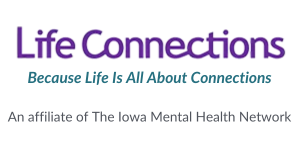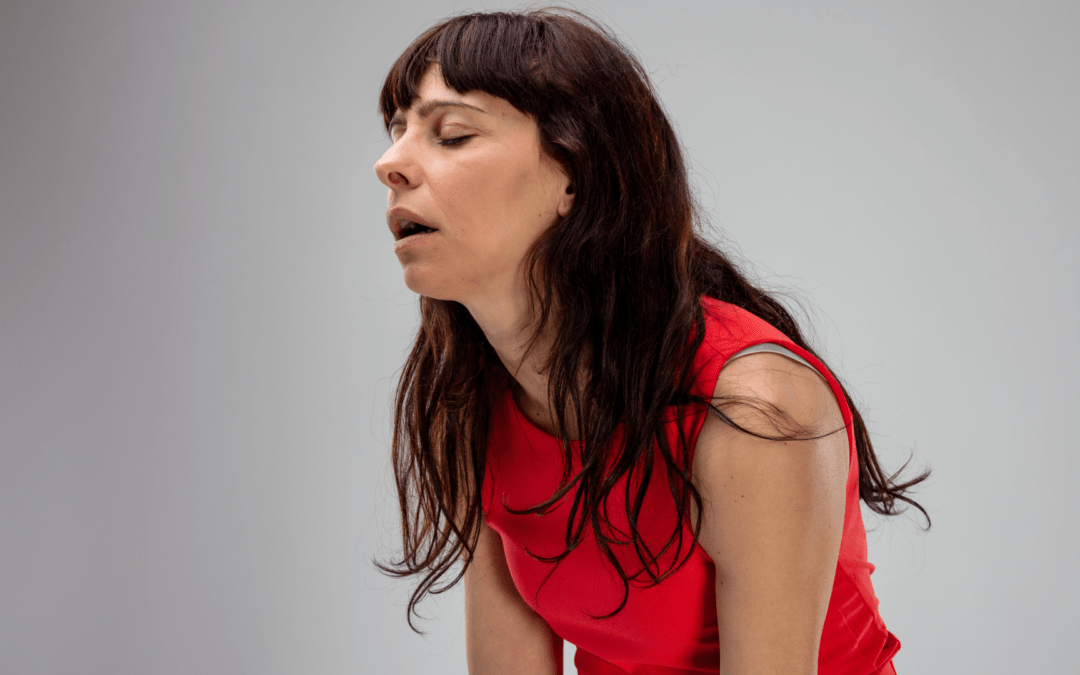It is okay to feel bored, it is okay to feel triggers and have cravings. The choices you make to “do something else first”, identify feelings within the boredom, and to reach out to your support system, can provide empowerment on your road to recovery.
In early recovery, boredom can be difficult for many people to manage. First, you begin to notice that you have extra time on your hands; further realizing how much time used to be spent on engaging in activities that involve the use of substances. In early recovery, there can also be feelings of grief and loss of friendships, especially If you have taken a step back from those who are also struggling with addiction.
Some Side Effects of Boredom Include:
- Negative self talk
- Racing thoughts
- Difficult feelings
Drugs and alcohol increase the amount of dopamine the brain receives causing mood and behavior changes, and it takes time for the brain to recalibrate as previously the brain would have been focused on, and only interested in, activities involved in substance use. There is an adjustment period where things that would normally be enjoyable may be lackluster. So what can be done to help manage boredom in early recovery to avoid relapse? First, remember that there is no quick fix, and that the thoughts and emotions you have are valid, it’s important not to minimize or ignore your own experience. Here are a few more helpful tips:
Be Mindful of Thoughts and Feelings
Being mindful of thoughts and feelings means acknowledging the thoughts and feelings you have surrounding the boredom you are experiencing. Boredom may be a side effect of not only a change in brain chemistry, but a change in routine. You are no longer filling your day in search of substances that promote a dopamine surge, and this may be when you start to have racing thoughts. These thoughts can be intrusive, overwhelming, and damaging to your self-esteem.
It is common to have a stress response sending the brain and body into “fight or flight”. The fight or flight response is one of the most primitive brain functions that we have. It was designed to keep us safe from physical attack, giving the body the hormone energy it needs to either physically defend itself or flee from an attacker. In early recovery, we see this fight or flight response when we begin to have thoughts, feelings, and emotions that may have previously been numbed by our drug of choice. However, it is important to acknowledge these feelings and not run from them. If you are in a place where you do not feel like you can process them at that time, that is okay as well. Acknowledge them, place them on a mental shelf, and address thoughts and feelings at a later time.
Do Something Else First
Another tip for managing boredom is to “do something else first”. This can be especially helpful during times when you are experiencing racing thoughts/emotions that are triggering. When we complete a task like vacuuming, or doing dishes we don’t do those tasks expecting to be entertained, we complete these tasks for the outcome. Completing a short task, for the outcome, can give the brain the opportunity to think through a trigger, try to understand it, and make a different choice. If you find that you are still struggling after completing a task, pick another task and then again evaluate how you feel.
Community Support
Additionally, it is important to find a community support system, or someone you can process this boredom and trigger with, such as a therapist, or sober friend. When you are in early recovery you are at an increased risk for participating in high risk activities (increased money spending, risky sexual behavior etc.) due to the loss of added dopamine from drugs and alcohol. It is easy to isolate due to the fear that every activity will lack enjoyment, causing cravings. A support system is important for giving feedback, providing validation, decreasing isolation, and restoring hope.
At the end of the day, addiction itself is not a choice, but we do have some choices within our addiction. It is okay to feel bored, it is okay to feel triggers and have cravings. The choices you make to “do something else first”, identify feelings within the boredom, and to reach out to your support system, can provide empowerment on your road to recovery. Everyone deserves to be happy and healthy, and how you choose to recover is within your control.
Danielle Waddle, LMSW
Substance Use Counselor
Because Life is All About Connections
Life Connections provides in-home Behavioral Health Intervention services, Therapy services, autism (ABA) services and Children’s Mental Health waiver services in our 13 office locations and approved schools across Iowa. Life Connections was founded in March of 2009 with the intent to serve the children and families of Cedar Rapids and surrounding cities.
Life Connections is a highly professional and caring counseling and behavioral health provider. We offer a wide array of services to treat mental health issues including Applied Behavior Analysis Services, Behavioral Health Intervention Services, mental health therapy, school-based therapy programs, and substance use treatment.
For more information, please call 319-409-6922.
Resources:
- National Suicide Prevention Hotline 800-273-8255
- Crisis Text line text to 741741
- The Trevor Project – for LGBTQ+ young adult community 866-488-7386
- Rape, Abuse, and Incest National Network 800-656-4673
Start Your Services
Start Mental & Behavioral Health Services with Life Connections | Because life is all about connections.

